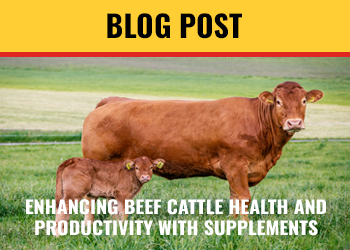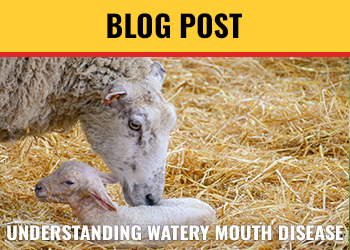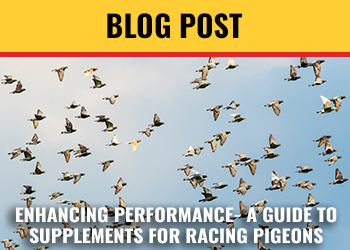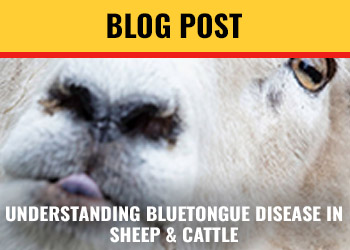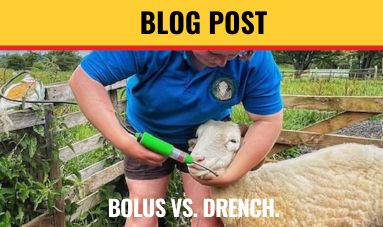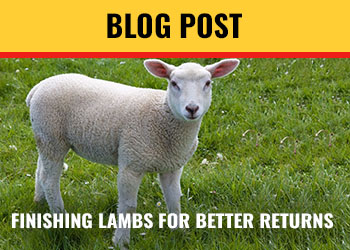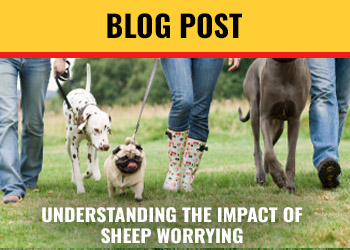CALF SCOURS - WHAT YOU NEED TO KNOW

Scouring – What you need to know.
What is scouring?
Calf Scours can be characterised by diarrhoea that often leads to dehydration and is one of the main leading causes of death in calves between 2 and 30 days of age, emphasising the importance of implementing good calf management and having appropriate protocols in place. Although less common, cattle of any age can develop this condition and can be because of a variety of reasons including viruses, parasites, and bacteria.
Causes of Scouring
The causes of scouring can be broken into two distinct categories: non-infectious and infectious. Non-infectious episodes of scours are often due to an ineffective prevention program such as gaps within-herd management, insufficient nutrition provided to the pregnant dam and an inadequate environment for the newborn calf.
Infectious causes of scours:
. Viral: Viruses such as Rotavirus, Coronavirus, BVD virus, IBR virus.
2. Bacterial: Examples include Escherichia coli, Salmonella spp., and Clostridium perfringens.
3. Yeasts and mould.
4. Protozoal: Cryptosporidium and Coccidia.
Note: Some bacterial and protozoal pathogens are transmissible from cattle to humans. Correct hygiene and sanitation must be practised when handling calves with scours. Most often, infectious scours are caused by either Rotavirus, Coronavirus or Cryptosporidium.
What to look out for
Common signs of calf scours include:
• Watery stools that may be green/yellow in colour and can occasionally contain blood or mucus.
• Sunken eyes, often an indication of dehydration, along with prominent hips, shoulders and ribs as more fluids are excreted with every lose bowel movement.
• Lethargy – more severe cases may result in weakness such as staggering or an inability to stand as well as a loss of desire and/or capability to nurse.
Preventing Scours
Scouring is a result of a combination of factors and therefore prevention requires both a mix of effective pasture management, nutrition and effective biosecurity.
Maintaining adequate protein, energy, and micronutrients in the dam during gestation helps to ensure the correct levels of colostrum are provided; vital to giving calves the best start in life. Calves should nurse or be supplemented with colostrum during the first 2 to 4 hours of life, with a repeat feeding then given 4 to 6 hours after, as antibodies in colostrum can aid calves in overcoming viral infections. It is often good practice to purchase a quality colostrum supplement for occasions when the dam does not have sufficient supply, such as Osmonds Premium Brand Calf Colostrum which contains pure 100% dried EU Colostrum and is guaranteed Johne's Disease, EBL, BVD and TB Free.
Additional supplementation can also be administered after birth to function as an added layer of precautionary protection, such as Osmonds Lifesaver Calf Syringe or Osmonds Calf Insta-Life. Both contain a double-strength dose of health-boosting vitamins and minerals, as well as colostral proteins for enhanced immunity and pre & probiotics to promote a healthy gut.
Avoid any extra stress and ensure correct hygiene is maintained between calves and pens, i.e., establish a healthy rearing environment by using a disinfectant such as Osmonds Zenosan, an anti-viral, anti-fungal and antibacterial disinfectant powder which also helps to enhance the environment by lowering the levels of ammonia and other noxious gases.
Segregating calves by age to prevent the transfer of infectious agents from healthy, older calves to newborns is also a great and straightforward way to help prevent scours.
Treating Scours
Regardless of the cause, the main aim in the treatment of scours is to help replace the lost fluids and electrolytes. This can be done by using Osmonds Lifesaver Calf Gel Powder, a fast-acting supplement containing fibre gel and added electrolytes for increased efficacy, as well as essential vitamins & minerals. The addition of Vetoxan® pre-biotic helps inhibit the growth of pathogenic bacteria and stimulates the growth of beneficial alimentary tract bacteria, helping return harmony to the digestive system.
For calves that are too weak to stand an intravenous administration of fluids may be required and is typically administered by a qualified veterinarian or veterinary technician.
If you have any questions or queries, please feel free to call our office on 01948 668100, email to [email protected] or click here to visit our website to see our whole range of calving essentials.



